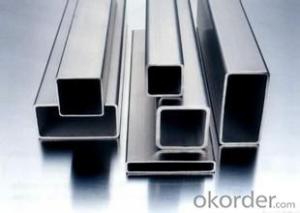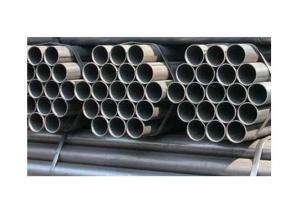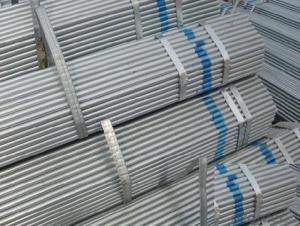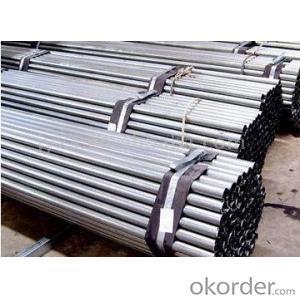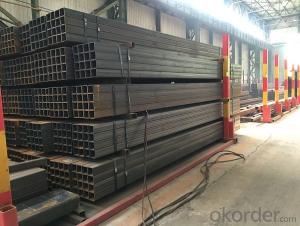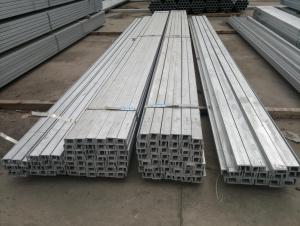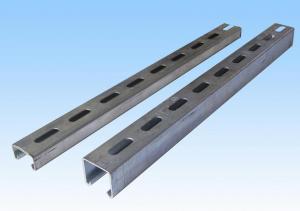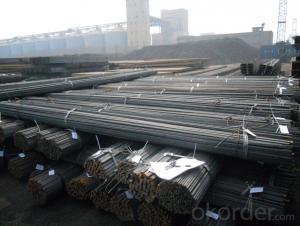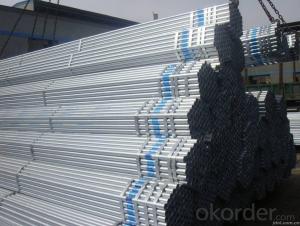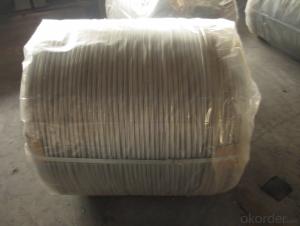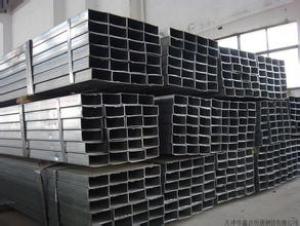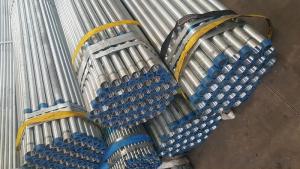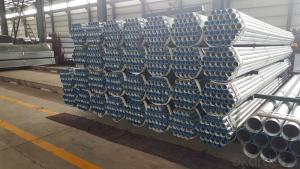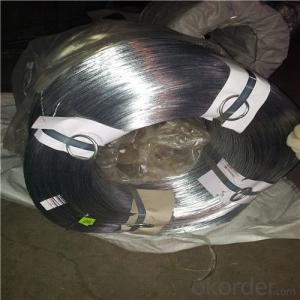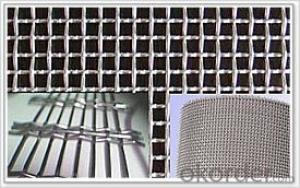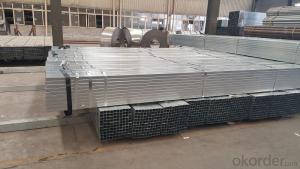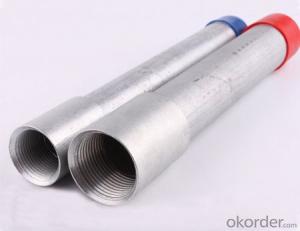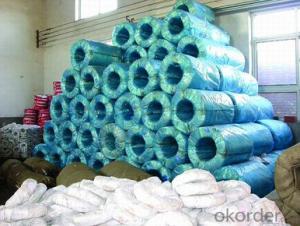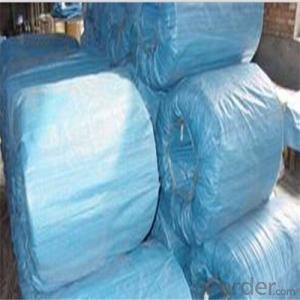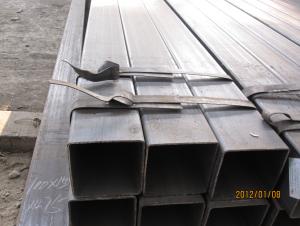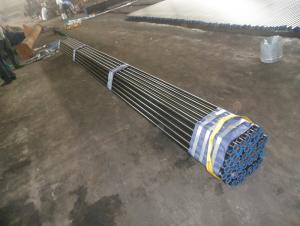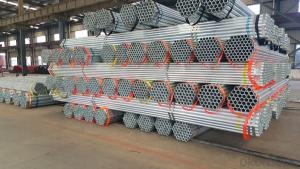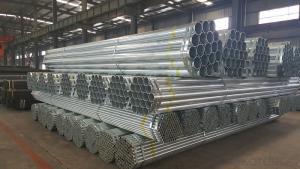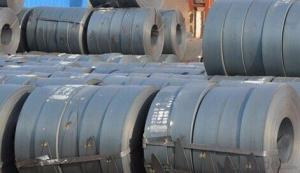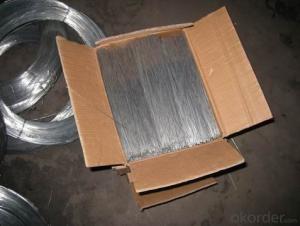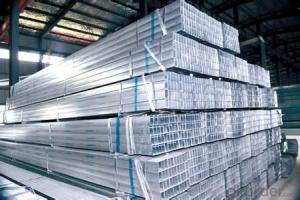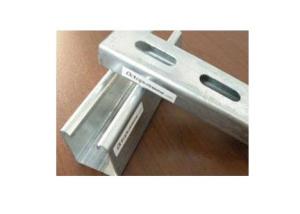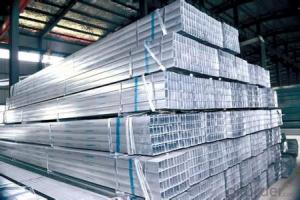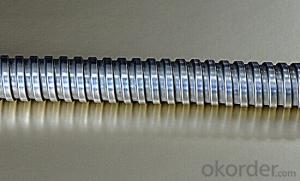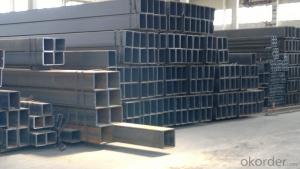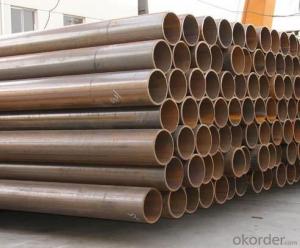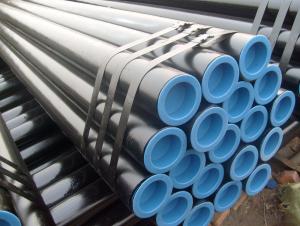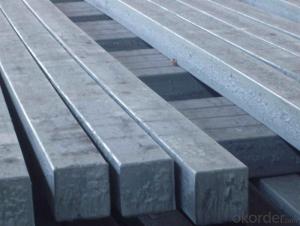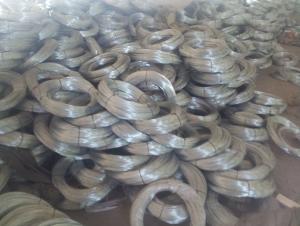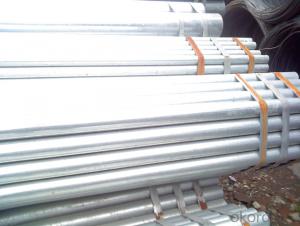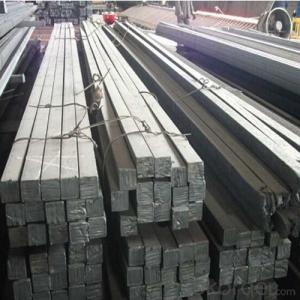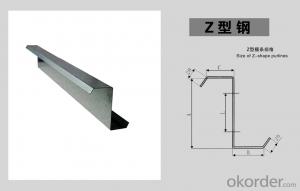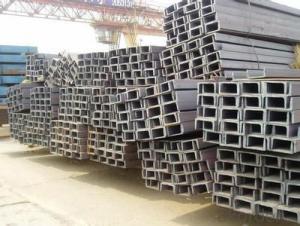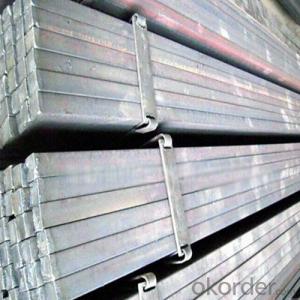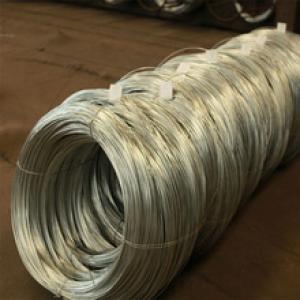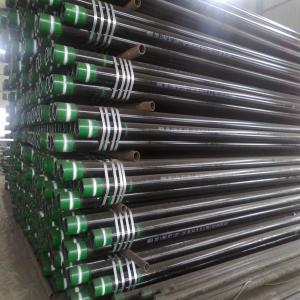Galvanized Steel Square Tubing
Galvanized Steel Square Tubing Related Searches
Square Stainless Steel Tubing Galvanized Steel Tube Galvanized Steel Tubs Galvanized Steel Tub Galvanized Steel Piping Galvanized Tube Steel Galvanized Steel Pipes Stainless Steel Square Tube Galvanized Steel Culvert Pipe Galvanized Steel Tank Steel Galvanized Galvanised Scaffold Tube Galvanized Steel Grating Galvanized Steel Pool Galvanized Steel Shed Galvanized Stainless Steel Galvanized Steel Beams Galvanized Steel Siding Galvanized Steel Panel Galvanized Steel Edging Galvanized Steel Panels Galvanised Ducting Galvanized Steel Bucket Galvanized Corrugated Steel Weld Galvanized Steel Galvanized Steel Stock Tank Galvanized Steel Roof Galvanized Steel Fencing Rigid Galvanized Steel Conduit Galvanized Steel GuttersGalvanized Steel Square Tubing Supplier & Manufacturer from China
Galvanized Steel Square Tubing is a type of metal product that is widely used in various industries due to its strength, durability, and corrosion resistance. This product is made from steel that has been coated with a layer of zinc, which provides additional protection against rust and other forms of corrosion. This makes it an ideal choice for applications where the tubing may be exposed to harsh environments or moisture.Galvanized Steel Square Tubing is commonly used in construction, automotive, and agricultural industries, as well as in the manufacturing of various machinery and equipment. Its square shape provides additional stability and support, making it suitable for applications where structural integrity is crucial. Moreover, the galvanized coating enhances its resistance to wear and tear, making it a popular choice for projects that require long-lasting materials.
Okorder.com is a leading wholesale supplier of Galvanized Steel Square Tubing, offering a vast inventory of this product to cater to the needs of various industries. With a commitment to quality and customer satisfaction, Okorder.com ensures that their Galvanized Steel Square Tubing meets the highest standards of performance and reliability.
